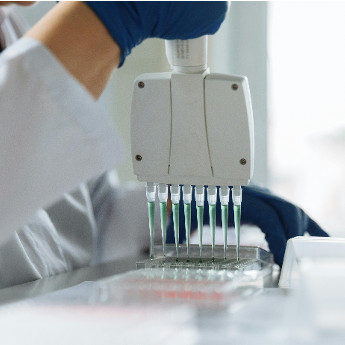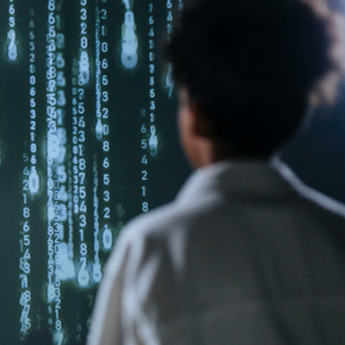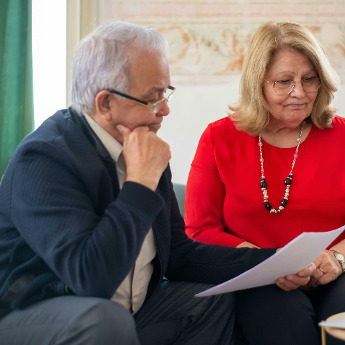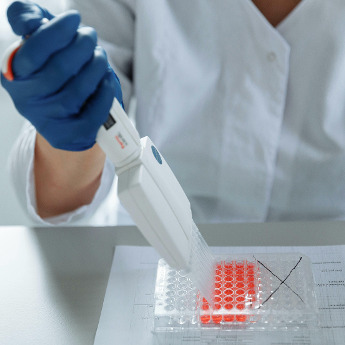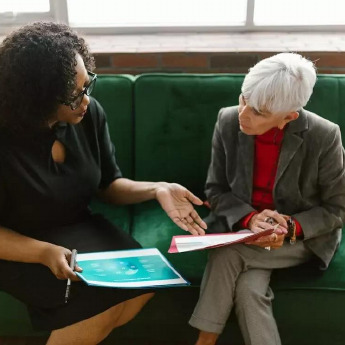By continuing to use our site, you consent to the processing of cookies, user data (location information, type and version of the OS, the type and version of the browser, the type of device and the resolution of its screen, the source of where the user came from, from which site or for what advertisement, language OS and Browser, which pages are opened and to which buttons the user presses, ip-address) for the purpose of site functioning, retargeting and statistical surveys and reviews. If you do not want your data to be processed, please leave the site.
The Voice of People With Breast Cancer
Education
Our Voices Blog
Category : Knowledge
What Are the Other Breast Cancer Genes?
While mutations in the BRCA1 and BRCA2 genes are now well-publicized, there are other, lesser-known genetic mutations which can significantly increase the likelihood of developing breast cancer as well. Understanding these genetic risks allows individuals to make informed decisions about their health, from preventive measures to early detection strategies. Here, we discuss the lesser-known genetic mutations that can also impact the risk of developing breast cancer.
The Rise of Artificial Intelligence in Breast Cancer Detection
Some people require additional imaging, such as ultrasound or MRI, due to factors like dense breasts or increased risk from BRCA gene mutations or family history. False positives on a mammogram can often lead to unnecessary biopsies. Despite these challenges, mammograms and other screening tools remain essential. This emphasizes the importance of advancing screening technology and pathology, which is where AI shows promise for improving outcomes.
Lifestyle, Diet and Breast Cancer: What’s the Connection?
When it comes to breast cancer prevention, many factors come into play—genetics, environment, and lifestyle choices. While we can’t control our genes, we do have the power to influence our health through diet, exercise, and other habits. Over the years, research has pointed to various lifestyle factors that may either increase or reduce the risk of developing breast cancer.
Why Men Should Consider Genetic Testing for BRCA Genes
Both men and women have breast tissue, and while men don’t have the ability to produce milk, their breast cells can still develop into cancer. About 1 in 5 men with breast cancer have a close relative —male or female—who also had the disease. Research indicates that biological males make up half of the U.S. population carrying a BRCA1 or BRCA2 mutation, genes commonly linked to breast cancer in women.
The Power of Touch: How Massage Therapy Can Support Breast Cancer Patients
Receiving a breast cancer diagnosis can turn your world upside down. It can alter your life to one filled with fear, uncertainty, and a whirlwind of treatment options. In the midst of this chaos, many patients discover the potential of massage therapy as a complimentary therapy. This gentle, restorative treatment not only offers relief from physical discomfort but also nurtures emotional well-being and enhances overall quality of life.
When to Ask Your Oncologist About Genomic Testing
Receiving a cancer diagnosis can feel like a rollercoaster ride, and it’s natural to have a million questions swirling in your mind. One of the most important ones is whether genomic testing could help inform your treatment. Here’s a quick guide on when to bring it up with your oncologist.
The Rise of Breast Cancer Rates in Asian Women
Breast cancer incidence rates have been relatively stable over the past decade; however, recent studies are revealing that breast cancer rates among Asian American women have been rapidly increasing. Since 2000, breast cancer occurrence among Asian American and Pacific Islander women under 50 years of age has increased by 50%, growing more than 2% every year since 2012, according to a 2024 report from the American Cancer Society.
The Importance of EDI in Precision Medicine
As we mark Precision Medicine Awareness Month (PMAM) this #KNOWvember, it's crucial to highlight the essential need for equity, diversity, and inclusion (EDI) in the rapidly advancing field of precision medicine.
Decoding Life and Health Insurance Policies: A Simple Guide
When diagnosed with breast cancer, having a life and health insurance policy can be an important tool to help you offset the financial toll it can take on your life. But these policies can be confusing. Unless you work in the sector, all the industry-specific language, details, and different clauses and subclauses might sound like a foreign language. This guide will help you make sense of your insurance policy.
Understanding Demographics and Why They Matter in Healthcare
Demography refers to the social, cultural, and personal characteristics that make up an individual. Currently, the scope of demographic health data in Canada is often limited to age and sex. This limited data means that many crucial details—such as income, race, or other social elements—are not being collected.

